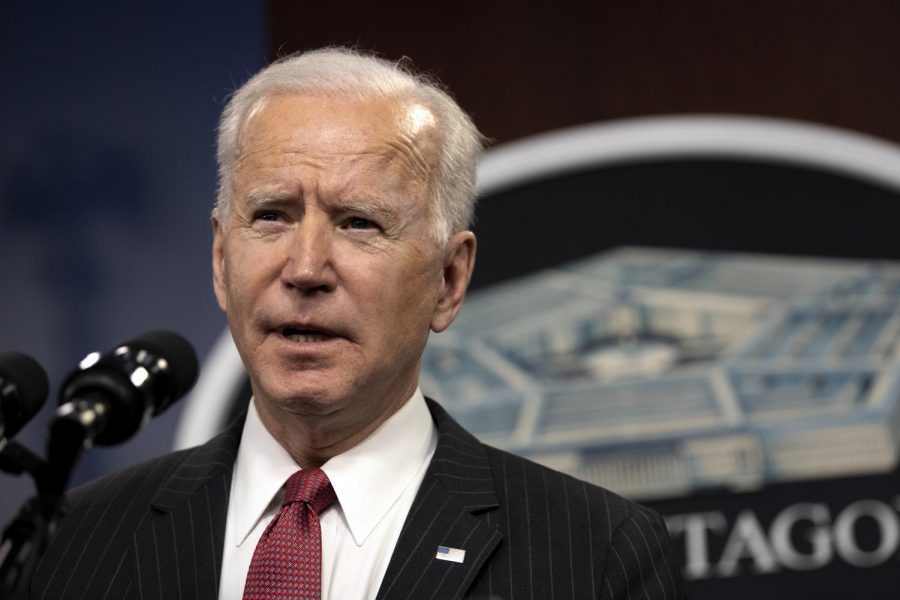President Biden reappoints Fed Chairman Jerome Powell
December 3, 2021
U.S. President Joe Biden announced that he intends on renominating current Federal Reserve Chairman Jerome Powell for a second term on the Board of Governors of the Federal Reserve system.
This decision comes after increased political pressure and a heightened focus on who the president will decide to nominate. This has been due to rising consumer prices, inflation and supply shortages caused by the supply chain crisis, which is an urgent problem for the White House.
Biden’s decision does not come as a surprise to many. As the Biden administration aims for economic recovery, having the stability and leadership represented by Powell during the pandemic-affected economy has been vital to the administration’s economic agenda.
“That outcome is a testament to the success of the President’s economic agenda, and it is a testament to decisive action by Powell and the Federal Reserve to cushion the impact of the pandemic and get America’s economy back on track,” the White House said in a statement.
Biden has been vocal about the need for a stable and independent Fed. He believes that Powell has been successful in navigating the economy through the recession and slowly into recovery, all while compiling credibility by standing strong when faced with political pressure during the Donald Trump administration.
While some progressive-leaning Democrats have voiced criticism against Powell’s reappointment, the decision was met with an overall bipartisan approval, suggesting an easy acceptance.
Most Democrats, however, significantly disagree due to their differences in policy. Powell faces pressure from some progressives to expand the Fed’s dual mandate on employment and inflation regulations and to be more concerned regarding racial equality and climate change.
“We urge President Biden to re-imagine a Federal Reserve focused on eliminating climate risk and advancing racial and economic justice,” Rep. Alexandria Ocasio-Cortez said in her statement motioning for a new Fed chair.
Sen. Elizabeth Warren expressed her concern, arguing that Powell has repeatedly taken action to weaken the regulatory oversight of banks, making the banking system less safe.
Biden tried to ease the concerns of those opposed to his recent decision, stating that Powell has reassured that the Fed would “increase efforts to address and mitigate the risk that climate change poses to the economy.”
By switching to another candidate for chairman, Biden would risk adding uncertainty to the confirmation process, which would ultimately result in unpredictable markets.
With the Biden administration’s economic agenda facing inflation-related setbacks, reappointing Powell seems to bring ease in by ensuring steadiness for future policy deals and implementations.
This is especially true now, amid concerns regarding the recently passed bipartisan infrastructure deal and the current $2.2 trillion climate change and social policy bill in progress. Biden wants minimal disagreement coming from the Fed, which will be ensured with the experienced Powell as chairman, as he is less likely to go against it with strong force.
“We know that high inflation takes a toll on families, especially those less able to meet the higher costs of essentials like food, housing and transportation,” Powell said, adding that the Fed would “use our tools both to support the economy and a strong labor market and to prevent higher inflation from becoming entrenched.”
Going by the assumption that Powell is confirmed by the Senate, the reappointed chairman will have to deal with the United States’ first inflation scare in decades, along with an economy still barely recovering from the ongoing pandemic.
With reappointing Powell, Biden is trying to support the Fed’s view that this spike in inflation is just a temporary hiccup, although it is lasting longer than expected.
Biden still has three vacant seats on the Fed’s Board of Governors to fill, including the position of vice chair for supervision, whose appointment will help in setting financial regulatory policies and appease some people opposed to Powell’s reappointment.







